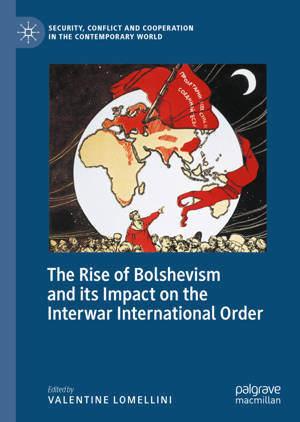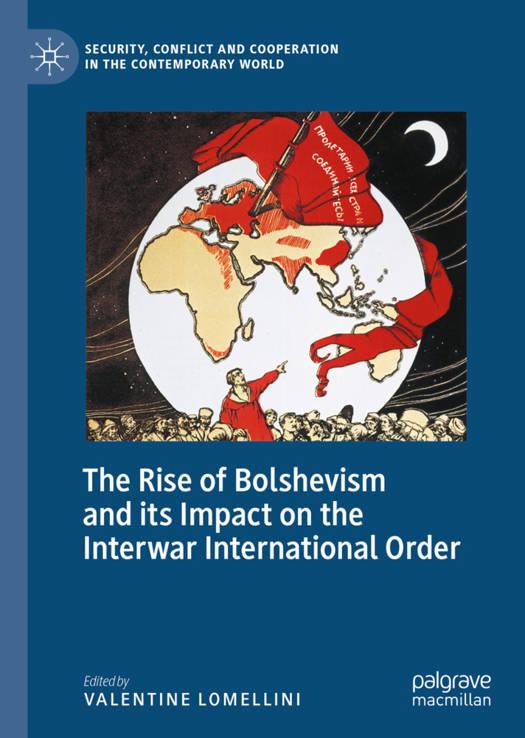
- Retrait gratuit dans votre magasin Club
- 7.000.000 titres dans notre catalogue
- Payer en toute sécurité
- Toujours un magasin près de chez vous
- Retrait gratuit dans votre magasin Club
- 7.000.0000 titres dans notre catalogue
- Payer en toute sécurité
- Toujours un magasin près de chez vous
The Rise of Bolshevism and Its Impact on the Interwar International Order
Description
This book examines the international impact of Bolshevism in the period between the two World Wars. It explores both the significance of the 'Bolshevik threat' in European countries and colonies, as well as its spread through the circulation of ideas and people during this period. Focusing on the interplay between international relations and domestic politics, the volume analyses the rise of Bolshevism on the international stage, incorporating insights from India and China. The chapters show how the interwar international order was challenged by the ideology, which infiltrated a range of political societies. While it was incapable of overthrowing national systems, Bolshevism constituted a credible threat, which favoured the spread of fascist and nationalist trends. Offering the first detailed account of the Bolshevik danger at an international level, the book draws on multi-national and multiarchival research to examine how the peril of Bolshevism paradoxically allowed a stabilization of the post-World War I Versailles system.
Spécifications
Parties prenantes
- Editeur:
Contenu
- Nombre de pages :
- 187
- Langue:
- Anglais
- Collection :
Caractéristiques
- EAN:
- 9783030355289
- Date de parution :
- 08-02-20
- Format:
- Livre relié
- Format numérique:
- Genaaid
- Dimensions :
- 148 mm x 210 mm
- Poids :
- 390 g






